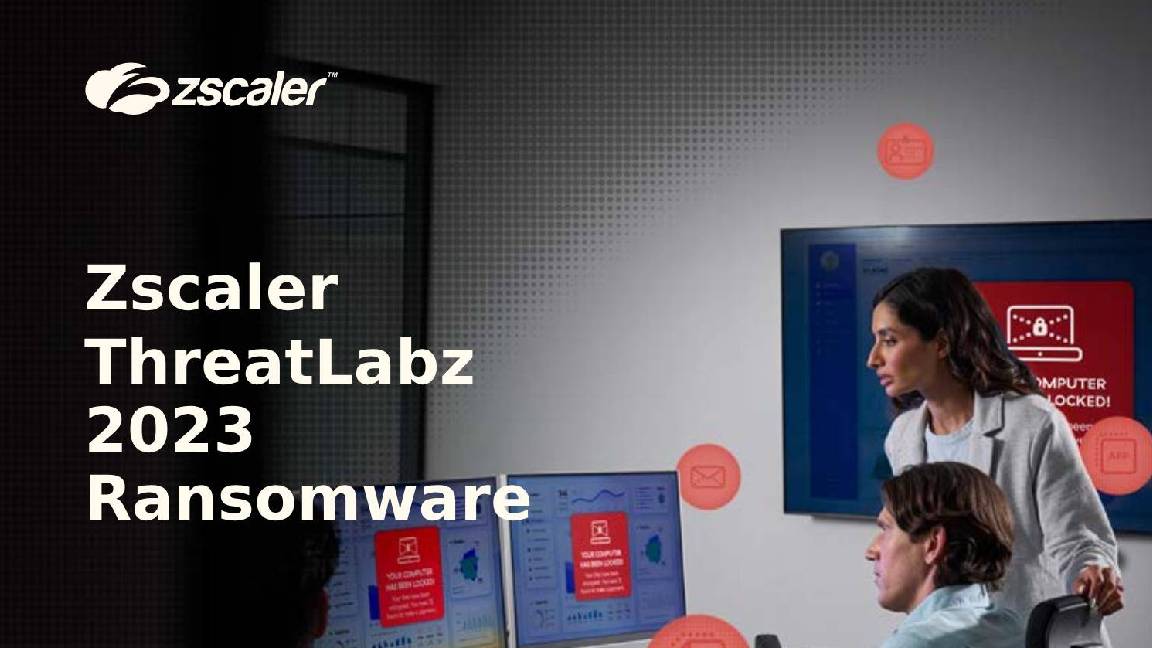80% of C-suites aren’t acting on worries that workers already use generative AI
The disconnect between fears around generative AI and a willingness to use it in place of employees could have profound implications for business security


Executives are increasingly worried that employees are using generative artificial intelligence (AI) at work without explicit permission, but are failing to act on these concerns according to a new report.
Almost all (95%) of the C-suite executives surveyed in a new Kaspersky report said they think popular AI tools such as ChatGPT are being used within their business, while 59% expressed serious concerns that their use could lead to a leak of confidential data.
There have already been cases in which employee use of AI tools has led to sensitive data leakage. In April, TechRadar Pro reported Samsung workers inadvertently handed trade secrets to OpenAI by using ChatGPT for programming help on source code.
Cyber security firm Kaspersky took in responses from 1,863 C-suite executives across the UK, France, Germany, Greece, Italy, Netherlands, Romania, and Spain between 25 September and 2 October 2023.
Results showed that executive anxieties stemmed largely from a pervasive lack of trust and understanding of how generative AI tools use data: most of the respondents (91%) said they want more insight into how generative AI works.
Despite all this, just 22% of surveyed executives said they had even had discussions about putting rules in place for generative AI.
A quarter (25%) of executives said they will allow employees to use generative AI as they are currently, and a further 6% stated that they have no strong feelings about whether employees use the technology or not.
Get the ITPro daily newsletter
Sign up today and you will receive a free copy of our Future Focus 2025 report - the leading guidance on AI, cybersecurity and other IT challenges as per 700+ senior executives
The number of executives actively intending to implement generative AI solutions at their business also remained high, with 50% stating they would use the technology to automate tiring manual tasks and 44% hoping they can use it to lighten the workload at their own level.
RELATED RESOURCE

Discover findings, predictions, and best practices that will shape future ransomware defence strategies.
DOWNLOAD NOW
Almost a quarter (24%) of executives stated they were eager to automate their IT and cyber security teams using generative AI, even as fears around the technology persist among the majority of respondents.
"One might assume that the prospect of sensitive data loss and losing control of critical business units might give the C-suite pause for thought, but our findings reveal that almost a quarter of industry bosses are currently considering the delegation of some of their most important functions to AI,” said David Emm, principal security researcher at Kaspersky.
“Before this happens, it is imperative that a comprehensive understanding of data management and the implementation of robust policies precede any further integration of [generative] AI into the corporate environment.”
How and where employees are using generative AI was a point for speculation among respondents.
More than half (53%) had suspicions that generative AI is already being used to entirely replace some tasks within certain departments in secret, with 25% suggesting it is being used in the IT department and 19% suspecting their marketing teams.
The tasks that employees are suspected of using AI for include writing emails, with 49% of executives identifying this as a common use for generative AI tools, as well as for finding efficient ways to get through to-do lists.
Both are in line with the range of AI productivity tools being offered by public cloud providers such as Duet AI and Copilot, produced by Google and Microsoft respectively. While both of these services have been built with the enterprise in mind and have additional data security measures, public-facing or free generative AI services may come with no such guarantees.
Within the suspected use cases, it is clear that C-suite executives see generative AI tools as a path to productivity gains and that there is pressure to adopt the technology or fall behind. Just under half (49%) were either ‘very’ or ‘fairly’ concerned about losing a competitive advantage if they did not use generative AI more.
Recent research by Gartner found that among businesses adopting generative AI solutions, more than a third are investing in AI application security solutions as a mitigation strategy against AI flaws.

Rory Bathgate is Features and Multimedia Editor at ITPro, overseeing all in-depth content and case studies. He can also be found co-hosting the ITPro Podcast with Jane McCallion, swapping a keyboard for a microphone to discuss the latest learnings with thought leaders from across the tech sector.
In his free time, Rory enjoys photography, video editing, and good science fiction. After graduating from the University of Kent with a BA in English and American Literature, Rory undertook an MA in Eighteenth-Century Studies at King’s College London. He joined ITPro in 2022 as a graduate, following four years in student journalism. You can contact Rory at rory.bathgate@futurenet.com or on LinkedIn.
-
 Should AI PCs be part of your next hardware refresh?
Should AI PCs be part of your next hardware refresh?AI PCs are fast becoming a business staple and a surefire way to future-proof your business
By Bobby Hellard Published
-
 Westcon-Comstor and Vectra AI launch brace of new channel initiatives
Westcon-Comstor and Vectra AI launch brace of new channel initiativesNews Westcon-Comstor and Vectra AI have announced the launch of two new channel growth initiatives focused on the managed security service provider (MSSP) space and AWS Marketplace.
By Daniel Todd Published